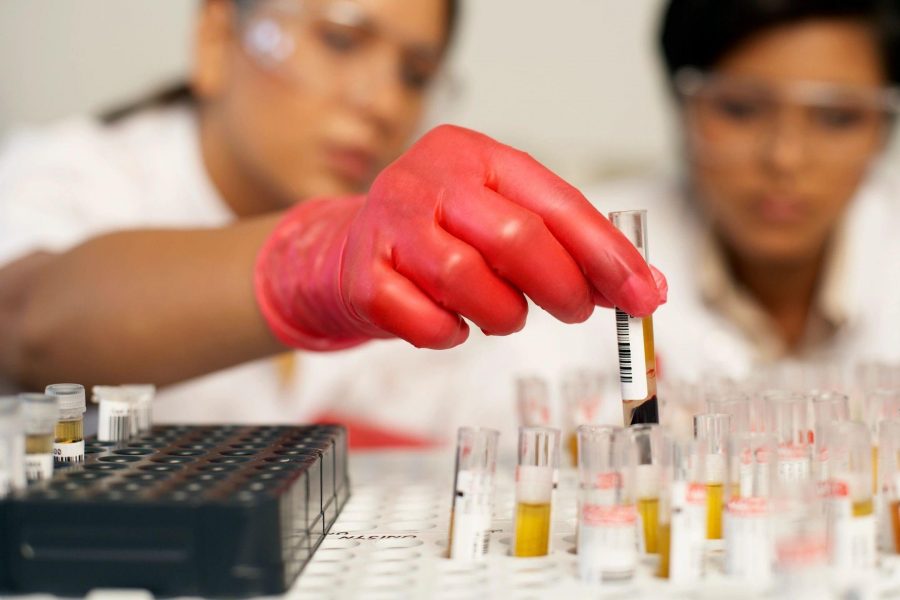Over the next five years, Vanderbilt University Medical Center is taking what is currently impossible in the prevention of viral disease outbreaks and working to make it a reality. VUMC signed an agreement with DARPA, the U.S. Defense Advanced Research Projects Agency, to prevent the spread of pandemics and contribute to the national effort of the Pandemic Protection Platform (P3) program. The ultimate goal of the agreement is that by the end of five years, a cure for any outbreak will be able to be developed in 60 days.
With recent outbreaks such as ebola, zika and chikungunya, the program addresses a global need for rapid responses to emerging infections. The Vanderbilt Vaccine Center has previously worked with many of these viruses, but the added element of speed in addressing outbreaks will impact their approach. Dr. James Crowe, the Director of the Vanderbilt Vaccine Center, emphasized the compatibility of the DARPA program with the center’s ongoing efforts.
“We’re the poster child for this,” Crowe said. “We’ve been working up to this for 20 years, so we pioneered how you take human blood and make antibodies from them like a drug and it really took us 20 years to get it to work efficiently.”
The five year agreement is a performance-based grant, meaning DARPA could potentially terminate it at any time. In addition to progress checks with DARPA at least monthly, VUMC coordinates with other collaborators that are part of DARPA’s P3 program throughout the nation.
Over the five years, VUMC will make four different attempts to successfully reach the 60 day response time. Crowe emphasized the capacity for improvement over this time period.
“We had picked three different viruses and the last one will be unknown to us, they will give it to us and we’ll simulate a live event,” Crowe said. “So it’s basically broken down into four sort of sprints, and we’ll try to get faster and faster. It’s kind of like athletic training.”
After five years, the funding from DARPA ends. However, the impacts of the work could extend far beyond this program. One of the ultimate goals is to develop a technology platform that could be transferred to a company. The Vaccine Center focuses on discovery rather than manufacturing, so the technology could be given to a manufacturer with the capacity to respond to potential outbreaks.
“It’s sort of like building a company to be on call in case the government ever needs it, but they don’t want to pay for it at the end,” Crowe said. “They want it to be self sustainable.”
I think it could change how all of medicine is done
While it remains to be seen whether the ultimate goal of a safe 60 day response will be achieved, Crowe says that immense strides have already been made in reducing time. An environment of collaboration has contributed to a greater sharing of creative ideas and ensured that the project will ultimately achieve a shorter response time, regardless of whether the ultimate goal is achieved.
“At Vanderbilt–the medical center and the university–it’s been a very collegial environment so you get a lot of exchange of ideas and that has fueled our rapid progress,” Crowe said. “We have students from all sorts of programs, graduate students, people in multiple departments participating. That core nature of Vanderbilt makes this a good place to do interdisciplinary studies.”
The implications for success with this program could fundamentally change the public health tools for intervening with infections. One of the emerging technologies that Crowe cited was the insertion of genes for antibodies into a human body, allowing the body to make the antibody itself. While this technology has not been fully proven, VUMC will continue to explore technologies such as this to attempt to meet the 60 day target for the DARPA program.
“I think it could change how all of medicine is done,” Crowe said. “It would really change human history if we could rapidly develop prevention for 50 to 100 infections, and really revolutionize how we do infectious disease medicine.”











